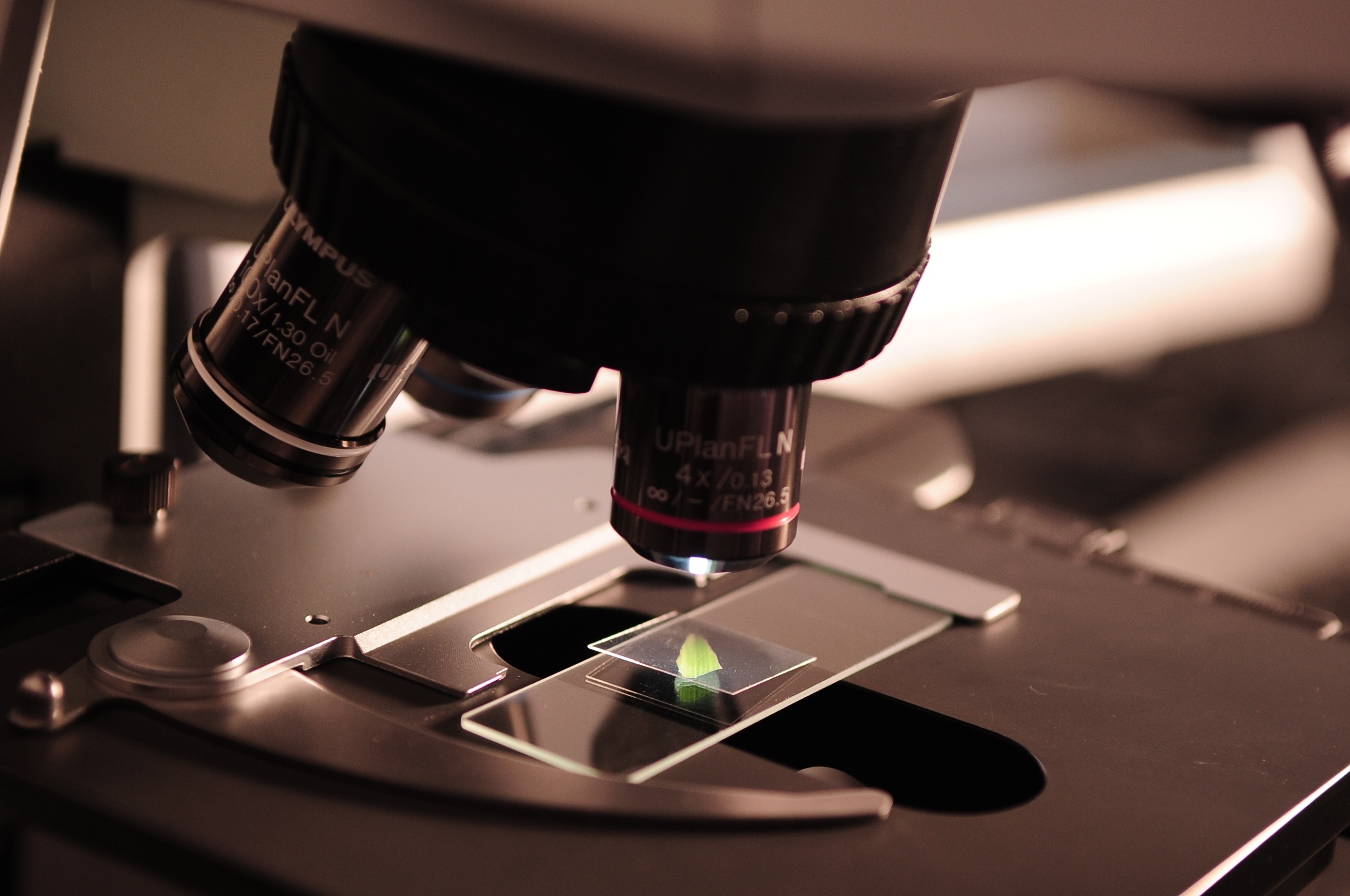German semiconductor maker Infineon Technologies AG announced that it’s producing a printed circuit board (PCB) that dissolves in water.
That sounds like a terrible idea unless you like planned obsolescence. I imagine those boards will have a very short lifespan.
They’re still encased in polymer. “Soluboard printed circuit boards need to be immersed in 90°C water (close to boiling point) for 30 minutes for the product to delaminate”, according to the CEO. I don’t imagine it will just melt/degrade slowly in a very short time span simply because of environmental heat and humidity.
Nothing in the article about how long would that biodegradable circuit board last in normal conditions
Seems more about salvage of what’s on the board:
[…] the process makes it easier to retrieve the valuable metals attached to it. “After [it dissolves], we’re left with the chips and circuit traces which we can filter out,”
If it’s easier to salvage, maybe more salvaging will be done than dumping.
So far this seems like it would lead to more e-waste with electronics disintegrating sooner.
It all depends on the application (which the article doesn’t really get into). There are plenty of electronic devices which dont see particularly demanding lives, and where failure of the electronic components is not what typically leads it to being tossed.
That said, it sounds like it’s only the dielectric substrate that’s biodegradable, which means the traces, plating, solder, and mounted components still need to be dealt with–which is much more concerning than epoxy resin and fiberglass, polyimide, or polyester, depending on what type of pcb is being displaced.
The best use case sounds like it would be to make recycling easier, since once you dissolve the substrate, the rest of the metals should be much easier to recover.
ETA: I currently do a lot of work with medical wearable device development and manufacturing. Those are by nature disposable electronics with lifespans measured in hours or days; and especially in a clinical setting, would be much more likely to end up in the correct waste stream for recycling. That is one good use case I could see for such a product.
Yeah, this seems like a partial solution which is not very broadly viable on its own, but can still have niche applications.
Also, pardon me for bringing up the topic of violence, but I was thinking about what electronics might have particularly short lifespans and I thought of the circuitry of kamikaze drones and missiles used in military conflicts. It’d be a curious but potentially relevant way for defense industries to be more environmentally friendly in at least some way (and it’s not like weapons production is going to stop anytime soon, regardless of moral questions).
You’re definitely right to point out that the other components are much more concerning from a pollution standpoint. Still, though, I think this improvement is certainly better than nothing. And it might be part of a more broadly applicable change in the future.
I’m all for trying to find ways to cut down on e-waste, but I don’t think this is it and it being water soluble could potentially shorten lifespan of devices because they could unintentionally disintegrate when it comes in contact with water.
This also doesn’t really fix the problem if electronics end up in a landfill as there’s still plastic, glass and batteries that’ll sit there plus lead is still a problem if it does use lead solder.
At best, it only helps if a device is properly recycled and it doesn’t really do much if it isn’t. The best solution is still to not needlessly buy new devices and use what you have for a bit longer and companies should support their devices longer. I doubt the latter will happen though because pretty much every company will favor profits over the environment and they’ll continue to greenwash to say how they’re carbon neutral. Unless you go with something super cheap, most smartphones should easily last 5+ years and then not providing software or security updates after a couple of years is purely a business decision.
“Hey we found a way to cut down on e waste”
These comments: “FUCK YOU STOP TRYING AND BURN THE EARTH SO I GET ANOTHER MONTH OUT OF MY BOARD THEN IF IT WAS BETTER FOR THE ENVIRONMENT”
😂
Water soluble means weak to humidity and more likely to fail early. At the waste step it sounds great, but assuming that it is likely to just create more e-waste as a tradeoff is a reasonable reaction.
Can’t wait to watch my computer dissolve the next time I spill tea on it









